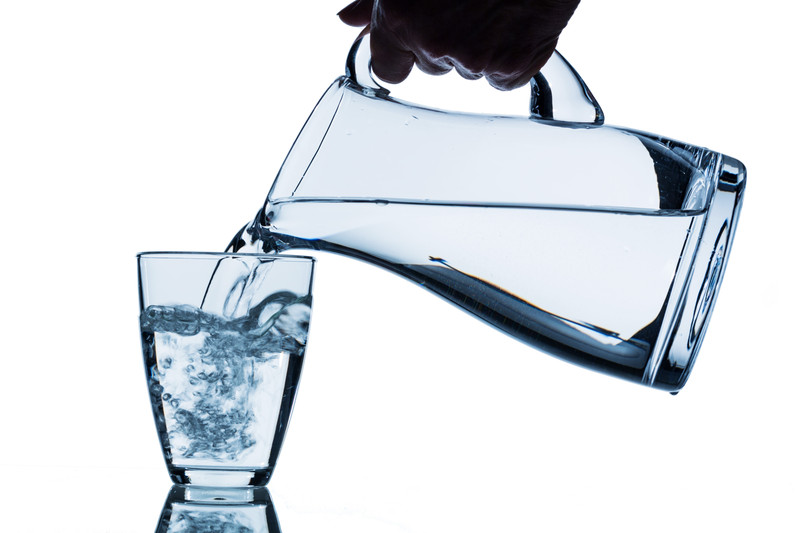
Your daily intake will have a big impact on how you feel. Without a proper, balanced diet you can start to feel sluggish and are likely to become fatigued- so ensure that you eat healthy meals at the correct times as well as fueling before, during and after your workouts. Keep in mind high water-volume foods also provide your body with fluids.
Poor hydration can adversely affect your mental as well as your physical performance. Staying hydrated helps prevent tiredness as well as lower your risk of injury. Have a water bottle within arm’s reach at all times. Drink at least 1.5 litres of water daily.
To avoid tiredness ensure you get enough sleep. Your body needs sleep to recharge and allow you to continue with your training schedule as well as repair and rebuild your muscles.
Caffeine can cause restlessness and sleeping difficulties. Cutting down on the amount of caffeine you drink in the evening will help avoid a restless night’s sleep.
Stress is one of the most common reasons for feeling tired — so the most important thing to do is identify what is causing your stress in the first place. Taking a few days off or using different muscle groups, can make a big difference to your overall energy levels.
Fatigue is usually a temporary situation brought on by overdoing it on a particular day or group of days. Good lifestyle choices that include a healthy diet, exercise, and sleep management should eliminate long-term tiredness, but if fatigue persists then seek advice from your doctor.
